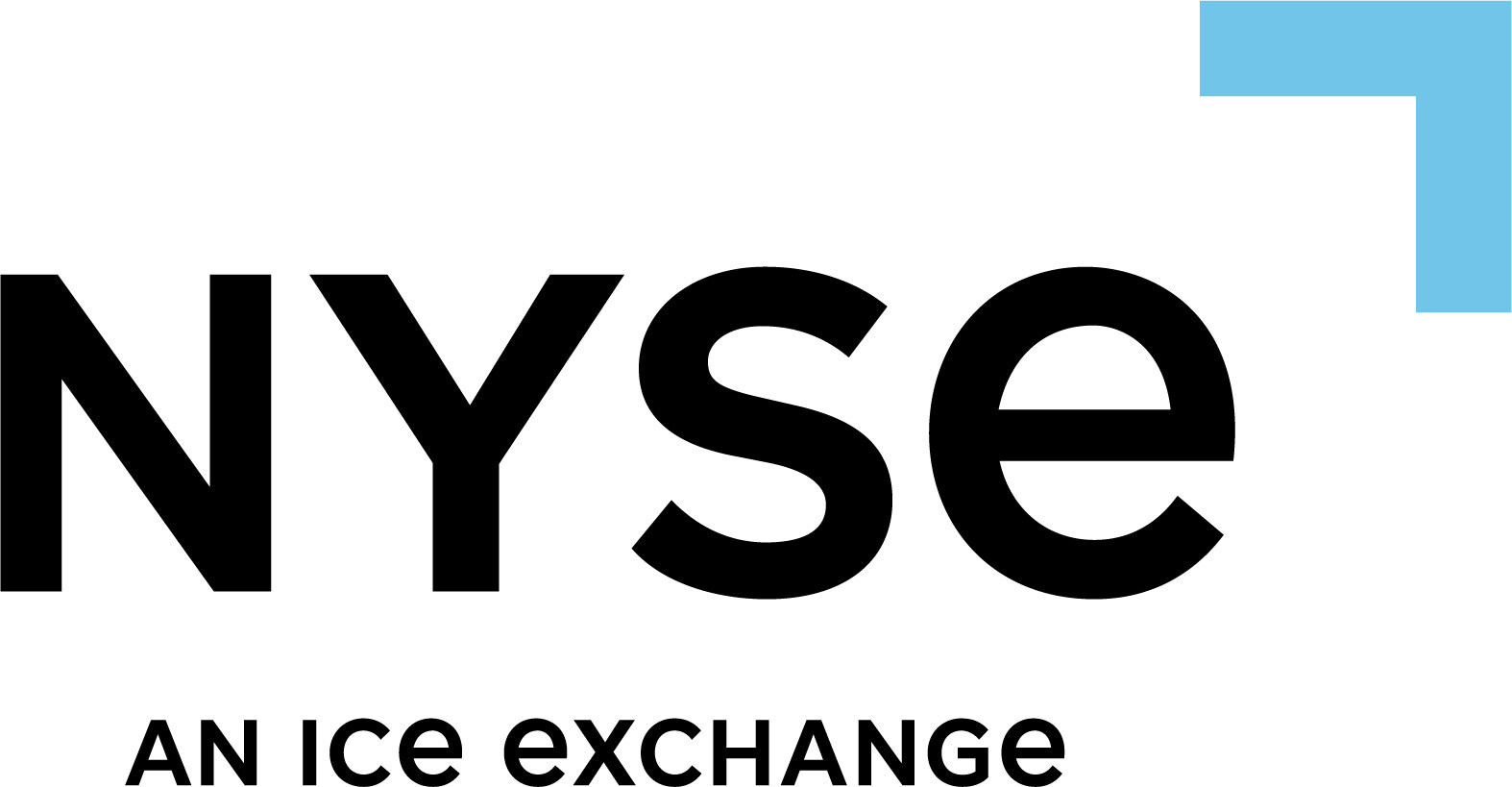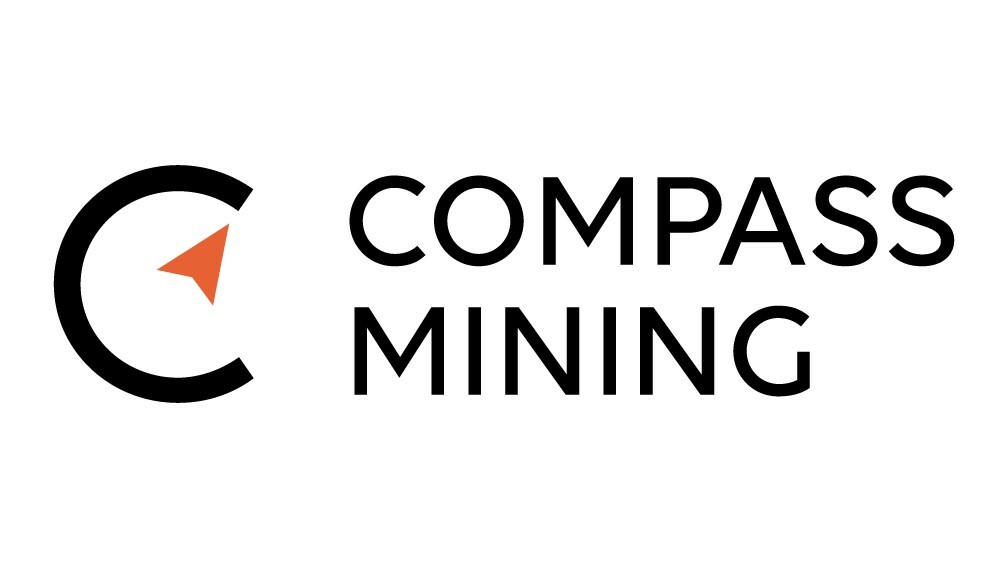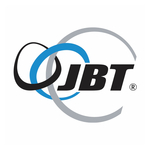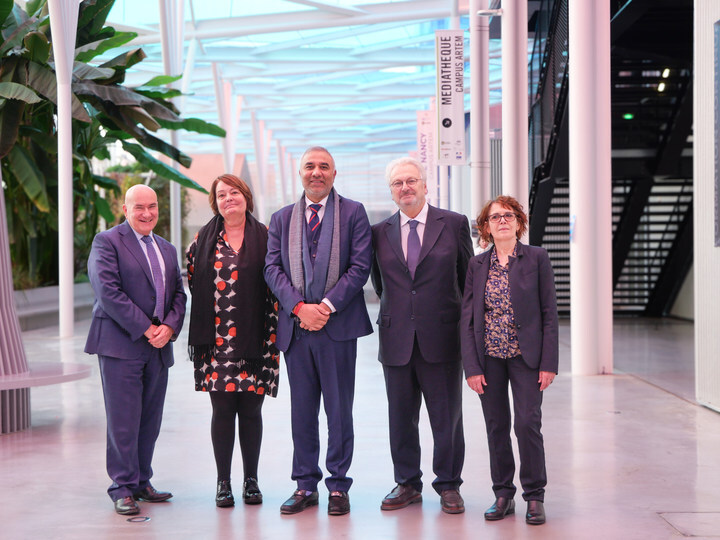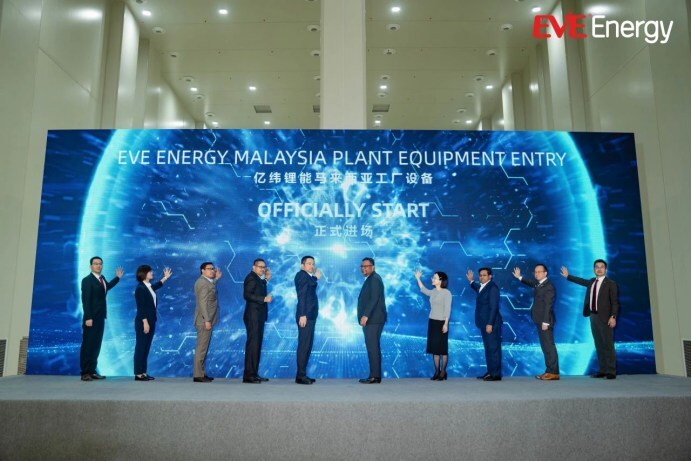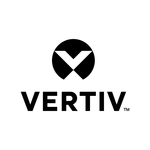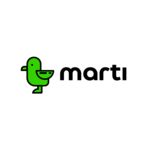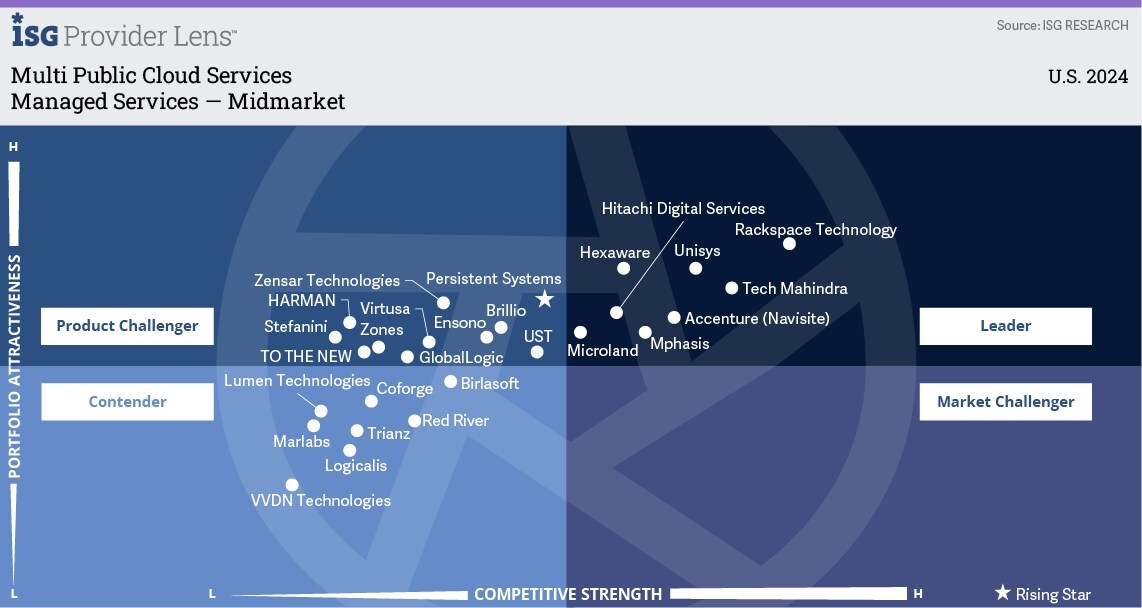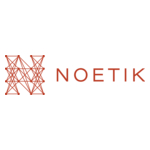
Noetik Announces OCTO-VirtualCell and Celleporter: Foundation Models of Spatial Biology for Precision Oncology
Nicole Snell, Ph.D.
info@noetik.ai
Noetik, an AI-native biotech company leveraging self-supervised machine learning and high-throughput spatial data to develop next-generation cancer therapeutics, announced today a technical report featuring OCTO-VirtualCell (OCTO-vc) – an AI model capable of inferring the behavior of cells and cell systems in the context of health and disease. Users can preview the model using Celleporter, an interactive tool that enables users to view virtual cell simulations using different prompts across discrete spatial locations in real or virtual patient tissues.
This press release features multimedia. View the full release here: https://www.businesswire.com/news/home/20241218973612/en/
OCTO-vc is a multi-scale, multi-modal transformer trained via masked token modeling to predict spatial patterns of gene expression in response to changes in biological context, such as spatial tissue architecture or patient-level factors. OCTO-vc is trained on nearly 40 million cells worth of proprietary spatial transcriptomics data generated from over 1,000 patient tumor samples, among the largest unified spatial transcriptomics datasets in existence.
“OCTO-vc is a transformative tool for understanding the hidden biology driving disease progression,” said Ron Alfa, M.D., Ph.D., CEO & Co-Founder, Noetik. “Leveraging its generative capabilities, we can simulate how virtual cells behave in different tissue environments, shedding light on mechanisms that were previously inaccessible. By scaling these simulations to cohorts of patients within our dataset, we can run virtual experiments to discover patient and therapeutic biology.”
OCTO-vc allows virtual cells to be simulated in different regions of real tissue samples. For example, a virtual T cell can be introduced into various parts of a tumor to infer whether it will be activated and capable of killing cancer cells.
“We think of this technology as analogous to a new kind of microscope, a new way to see and understand biological systems,” added Jacob Rinaldi, Ph.D., CSO & Co-Founder, Noetik. “We think these methods could usher in a new era of self-supervised science, and allow us to redefine the taxonomy of disease at the systems level.”
The AI research team at Noetik developed Celleporter alongside OCTO-vc to enable researchers to view virtual cell simulations with different prompts across spatial locations of patient samples. The visualization tool provides a way to explore latent spatial biology and discover hidden biological information within tissues.
Although oncology is Noetik’s first focus, the potential applications of virtual cell simulations extend far beyond oncology. OCTO-vc can serve as a general interface for spatial biology, enabling foundational biological research and unlocking drug discovery capabilities on patient clinical samples across any therapeutic area.
“Biology forces us to push the limits of machine learning algorithms because the processes we’re trying to understand are so far outside of our everyday experience. Turning rich biological data into therapeutic discoveries requires new methods and ways of thinking. The approaches we’re developing, building off of the technological revolution in AI, could ignite scientific progress and impact human health in transformative, unprecedented ways,” said Daniel Bear, Ph.D., Director of AI, Noetik.
To learn more about OCTO-vc, visit https://www.noetik.ai/octo-vc.
To interact with Celleporter and prompt virtual cell simulations, visit https://celleporter.noetik.ai/.
About Noetik
Noetik is an AI-native biotechnology company. By harnessing the potential of self-supervised learning and human multimodal data, Noetik aims to discover better precision therapies. The company is based in San Francisco, CA. For more information, visit https://www.noetik.ai/.
View source version on businesswire.com: https://www.businesswire.com/news/home/20241218973612/en/




